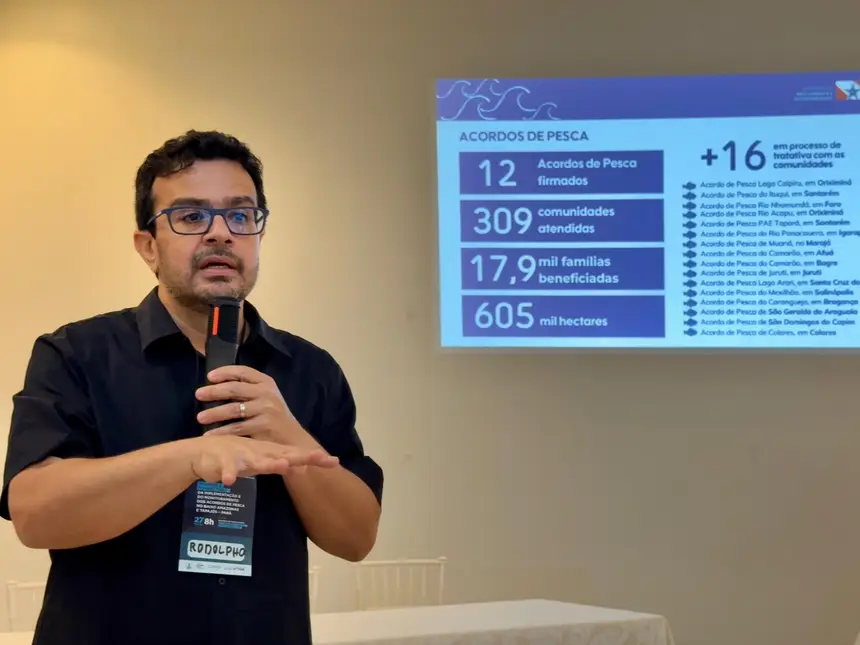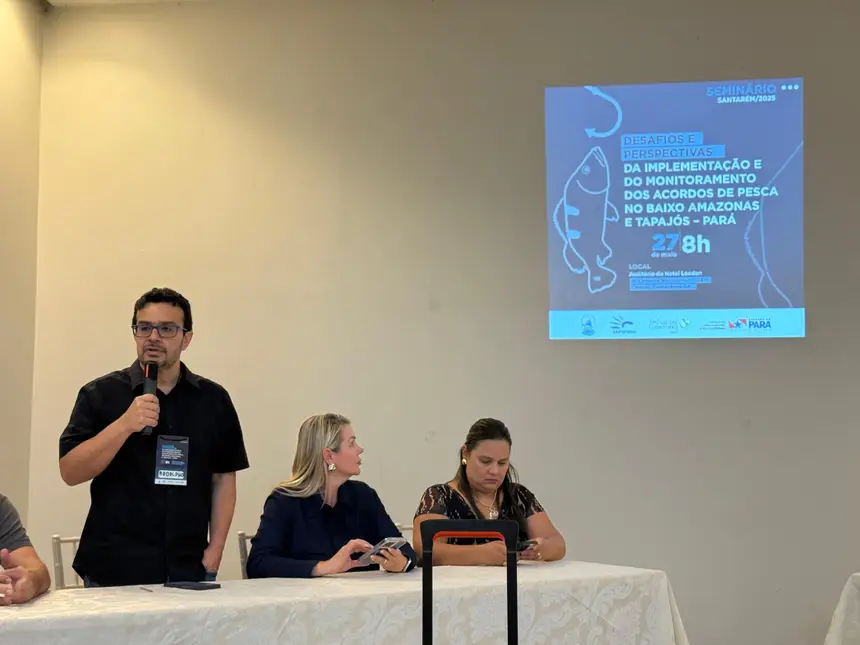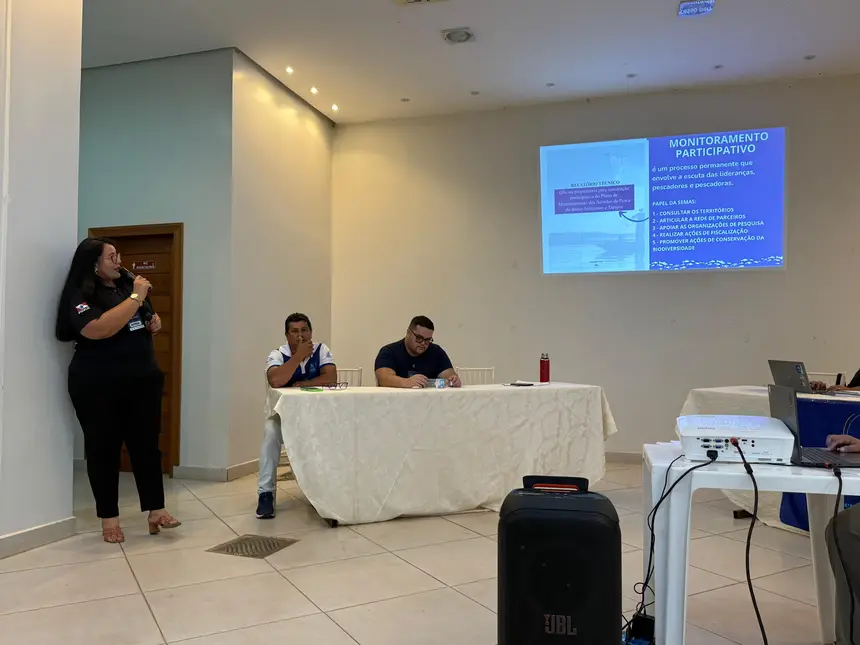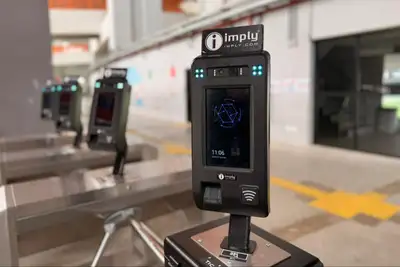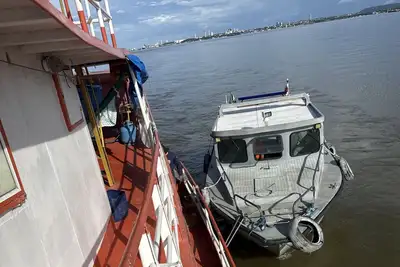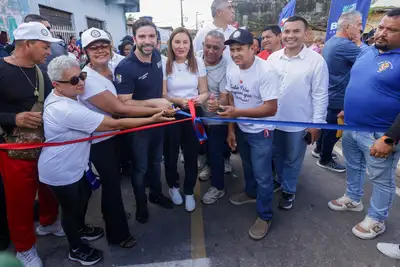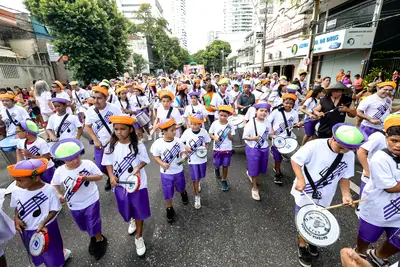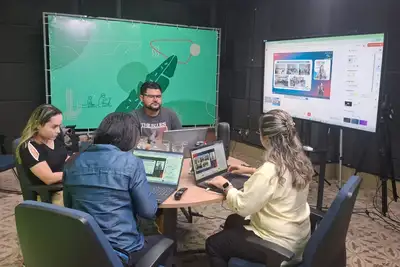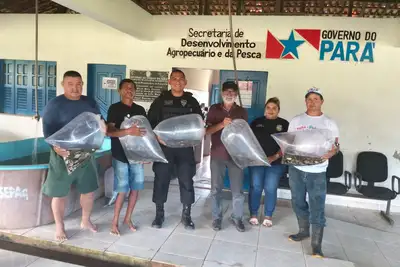Semas acts in monitoring Fishing Agreements in Lower Amazon and Tapajós
In Santarém, the secretariat highlights that the monitoring of the Agreements observes the regular recording of environmental parameters and fish stocks
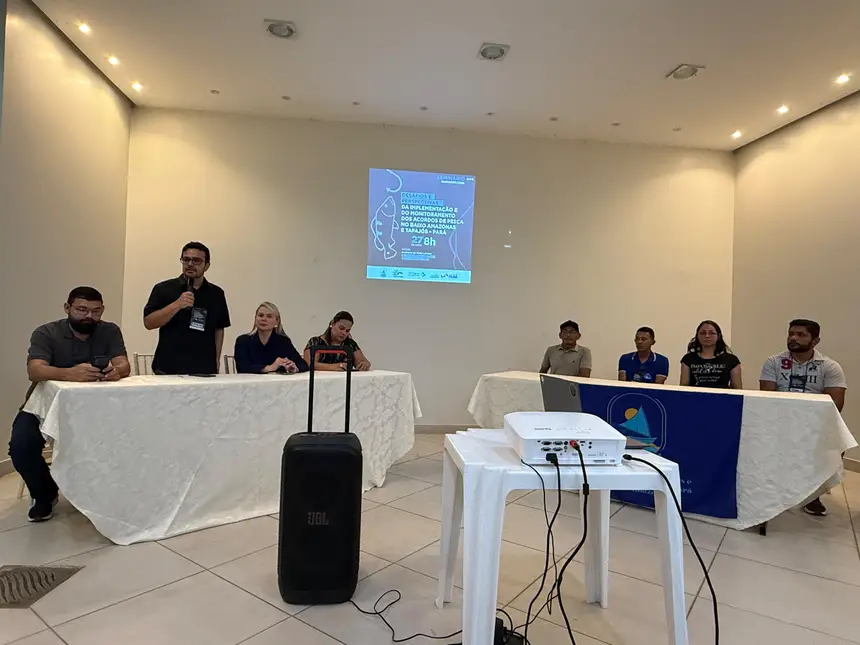
The State Department of Environment and Sustainability of Pará (Semas) was highlighted at the seminar "Challenges and Perspectives of the Implementation and Monitoring of Fishing Agreements in Lower Amazon and Tapajós" this week in Santarém. The event aimed strategically to advance the defense instruments for activities in the Lower Amazon and Tapajós and to present the importance of the fishing agreement program, carried out through the Regulariza Pará Program.
The event featured the participation of the Environmental Education Coordination (CEAM) of Semas, with the lecture "The Importance of Monitoring Fishing" and the Undersecretary of Environmental Management and Regularity (SAGRA), which addressed the importance of implementing Fishing Agreements as a public policy in fishery management and regulation and the participation of communities in conserving resources.
During the event, the Undersecretary of Environmental Management and Regularity of Semas, Rodolpho Zahluth Bastos, emphasized the importance of the State's action in the region.
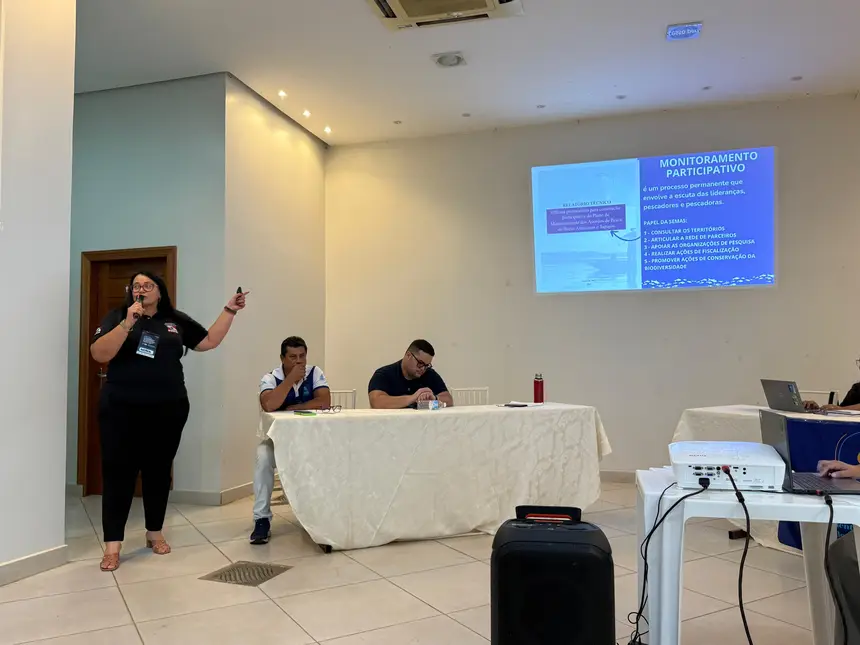
“Fishing plays a fundamental role in the economy, culture, and cuisine of Tapajós and Lower Amazon. It is the living culture of the region, its greatest mark. Beyond the actions of public authorities, I understand that it is necessary to stimulate the creation of a societal movement in favor of sustainable fishing and the importance of community fishing agreements, a broad movement of mobilization and engagement of society that involves everyone from market vendors, slaughterhouse owners, local media, fishermen's associations, colonies, public entities, and private entities, in defense of sustainable fishing and the importance of fishermen for the balance of climate and biodiversity. In artisanal fishing territories, it is no coincidence that the forest is better preserved. Understanding the role of the artisanal fisherman in the balanced use of natural resources is the key piece of this movement in defense of the economy and culture of Tapajós,” said Rodolpho.
Fishing Agreement - The Fishing Agreements are key elements of the Regulariza Pará Program, being essential for the sustainable management of fishery resources by establishing clear and equitable rules for all users. They are designed to ensure that fishing is carried out sustainably, taking into account the needs of communities and the conservation of aquatic ecosystems.
“Fishing communities hold fundamental knowledge about artisanal fishing and biodiversity conservation mechanisms in their living territories. Therefore, a guideline we are building from environmental education consists of incorporating this knowledge into monitoring for the effectiveness of the policy. The collection of information by those who live in the areas of the Fishing Agreement ensures greater frequency, coverage, and sensitivity to local changes, increases engagement, strengthening leadership and participatory management in the territory,” concludes Andreia Monteiro, environmental education coordinator of Semas.
Text by Vinicius Silva/ Ascom Semas



